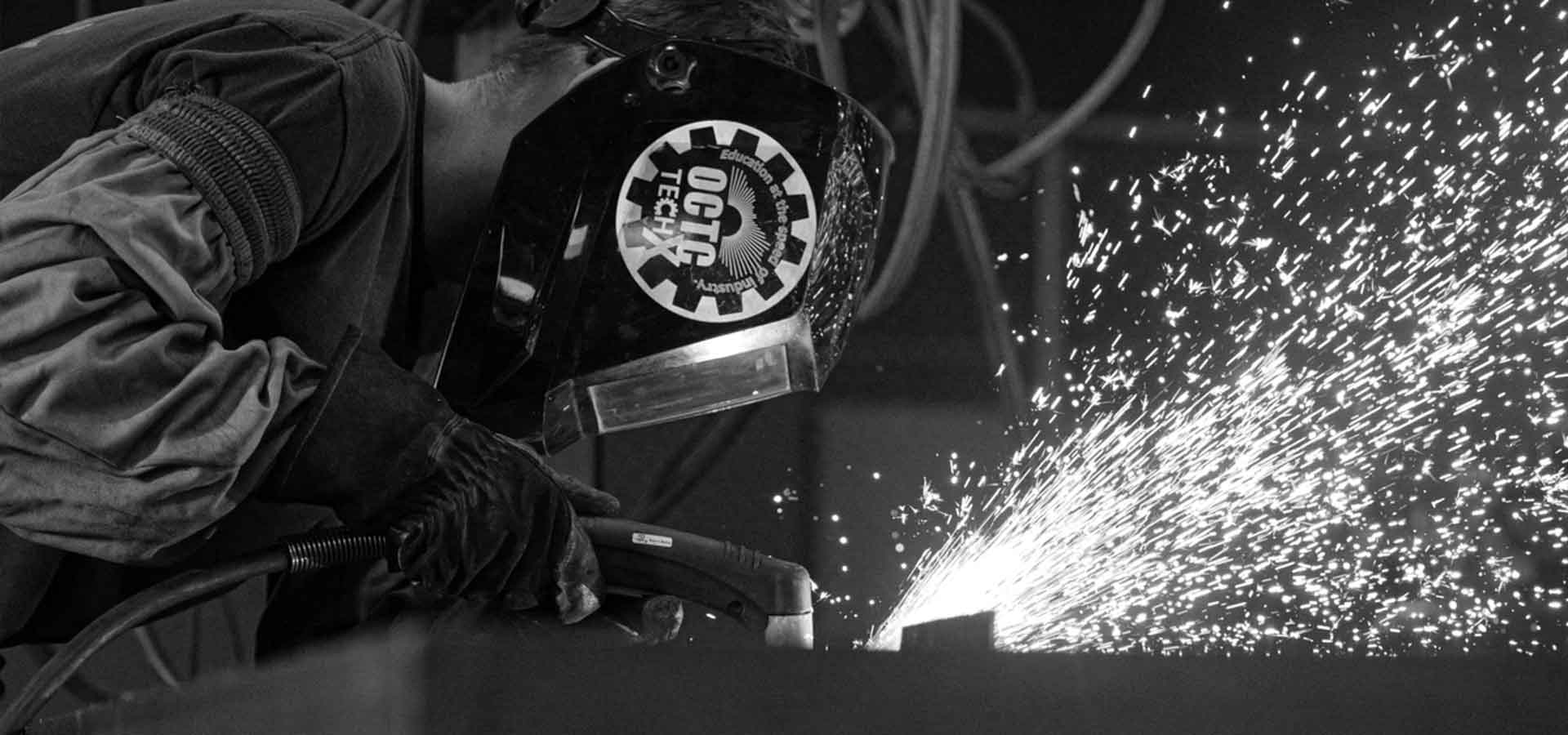In the ever-evolving educational sector of the United States, Pennsylvania has recently joined a cadre of states reassessing the traditional four-year college degree’s role in securing lucrative careers. This shift, which is gaining momentum nationwide, leans towards recognizing the value of skills and practical experience over purely academic qualifications.
Governor Josh Shapiro’s inauguration marked more than just a change in leadership. One of his initial executive orders removed the college degree requirement for state jobs, a clear move towards a more inclusive job market. This approach aligns with trends in Maryland, Colorado, and Utah, where the emphasis is shifting towards the adequacy of vocational certificates and associate’s degrees for many roles traditionally requiring a bachelor’s degree.
This reevaluation of the higher education paradigm is happening against a backdrop of skyrocketing tuition costs, now ranking as the second-largest expense for individuals after home purchases. With state funding in decline, many are questioning the value proposition of a traditional college degree.
Dr. Jason Wingard, former president of Temple University and author of “The College Devaluation Crisis,” highlights this turning point: “For decades, the value of a college degree was undisputed. However, we’re now observing a significant shift in perceptions.”
Echoing these sentiments, Angelo Berrios, Superintendent of Schools for the Pennridge School District, emphasizes the need for diverse educational pathways. “Our focus is on crafting personalized learning experiences, preparing students for a future that may include traditional college or career technical education (CTE),” Berrios explains.
Bucks County Community College’s recent initiative, the Center for Advanced Technologies (CAT), reflects this evolving educational landscape. Susan Herring, executive director of BCCC’s Center for Workforce Development, notes the growing significance of technology in skilled trades. BCCC’s curriculum is designed to provide foundational knowledge for immediate employment and further academic or professional growth.
However, challenges remain. A Freedom Economy Index survey revealed that a staggering 91 percent of small businesses feel colleges are falling short in skill development. Moreover, ideological influences on campuses today are increasingly seen as deterrents by employers.
This context sets the stage for institutions like AMTEC (Advanced Manufacturing Technical Education Collaborative) to make a significant impact. At AMTEC, we’re embracing these challenges head-on. Recognizing the need for agile and responsive education models, we offer short-term certificates and competency-based education, emphasizing hands-on learning and labs. Our approach is tailored to meet the industry’s rapidly changing demands, ensuring students are not just educated but truly prepared for the workforce. By bridging the gap between education and industry requirements, AMTEC is at the forefront of reshaping the educational narrative for future-ready skills.
Jason Simon, Director of AMTEC, recently mentioned, “Since our inception, AMTEC has worked directly alongside industry and education to form a collaboration that is able to meet the ever-changing needs of the workforce. AMTEC is unique in that we straddle the line between industry and education, so we are able to bridge the gap and bring the right people to the table to discuss innovative approaches to difficult challenges.”
As we stand at this crossroads, the question remains: What is the true return on investment in a college degree? With predictions that by 2031, the majority of jobs will demand some form of post-secondary education, the challenge lies in redefining what this education entails. AMTEC’s role in this transformation is not just responsive; it’s proactive, setting a new standard in technical education.
Note: The creation of this article was assisted by generative language model tools to integrate and contextualize information efficiently.
